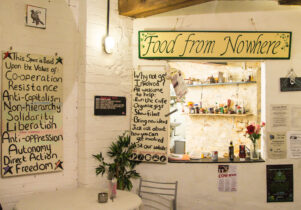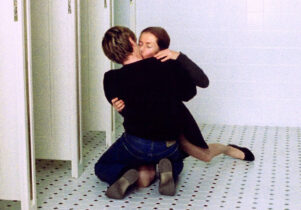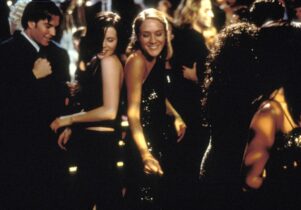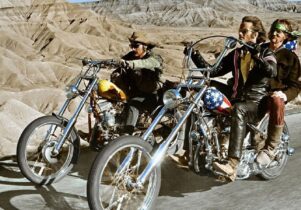Picturehouse Re-Discover: Morricone at FACT
Tom Grieve, Cinema EditorBook now
Picturehouse Re-Discover: Morricone
Always double check opening hours with the venue before making a special visit.
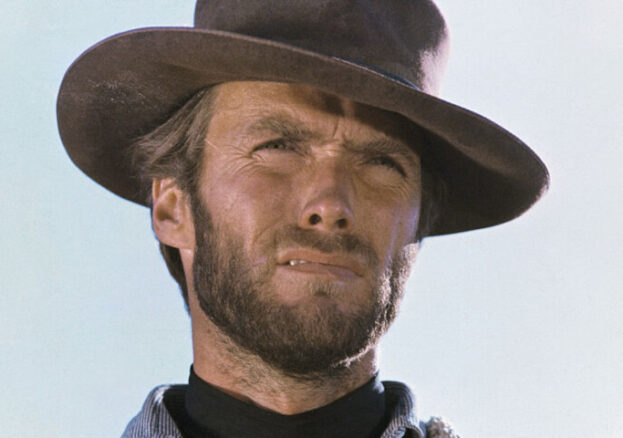
Over a career spanning more than six decades, the late Italian composer Ennio Morricone produced more than 400 scores for film and television. Considered one of the greatest in his profession, il maestro produced some of the most iconic and influential scores in cinema history, helping define the sound of spaghetti westerns with his work for director Sergio Leone, and propelling a range of European and Hollywood genre films to new heights through his music.
Now, Picturehouse at FACT are highlighting his contribution to cinema with a season of eight films programmed to demonstrate his enduring genius. The season features the much-loved masterpieces alongside some lesser seen gems, but it is bookended by two classics from the composer’s long running collaboration with Leone. First up, Clint Eastwood stars as The Man with No Name in 1966’s The Good, the Bad and the Ugly on Sunday 29 May — his legend buoyed by just a few instantly recongnisable notes from Morricone. Running all the way until Sunday 17 July, the season concludes with 1968’s Once Upon a Time in the West, a film dubbed ‘the ultimate western’, which also boasts some of the composer’s most intense and celebrated work.
Considered one of the greatest in his profession, il maestro produced some of the most iconic and influential scores in cinema history
In between there are films from Morricone’s work in America, including films by some of Hollywood’s great auteurs. The score to Terence Malick’s Days of Heaven (Sun 5 June) is a perfect showcase for the musician’s more tender side, as his lush, sweeping effort matches the visual poetry on display in this tale of a farm laborer who convinces his lover to marry their rich boss. Different again is his score for John Carpenter’s seminal science fiction horror The Thing (Sun 19 June). Carpenter is known for scoring most of his films himself, but this thumping, synth-heavy collaboration is everything you could want from a meeting between the two — even if its production was a famously awkward one.
Staying in Hollywood, Morricone lent a touch of the epic to Brian De Palma for his 1987 prohibition-era gangster saga, The Untouchables which screens on Sunday 10 July. Lively and propulsive, Morricone features period music from jazz legend Duke Ellington on this Grammy-nominated soundtrack as policeman Elliot Ness (Kevin Costner) gathers a rag-tag crew of officers to tackle Chicago gangleader, Al Capone (Robert De Niro). The season steps away from Morricone’s most famed scores too. Gillo Pontecorvo’s 1966 The Battle of Algiers (Sun 12 June) is a newsreel-style telling of a prominent moment of the Algerian War against the French government. Commonly associated with Italian neorealism, this political film saw the composer collaborate with the director, a close friend.
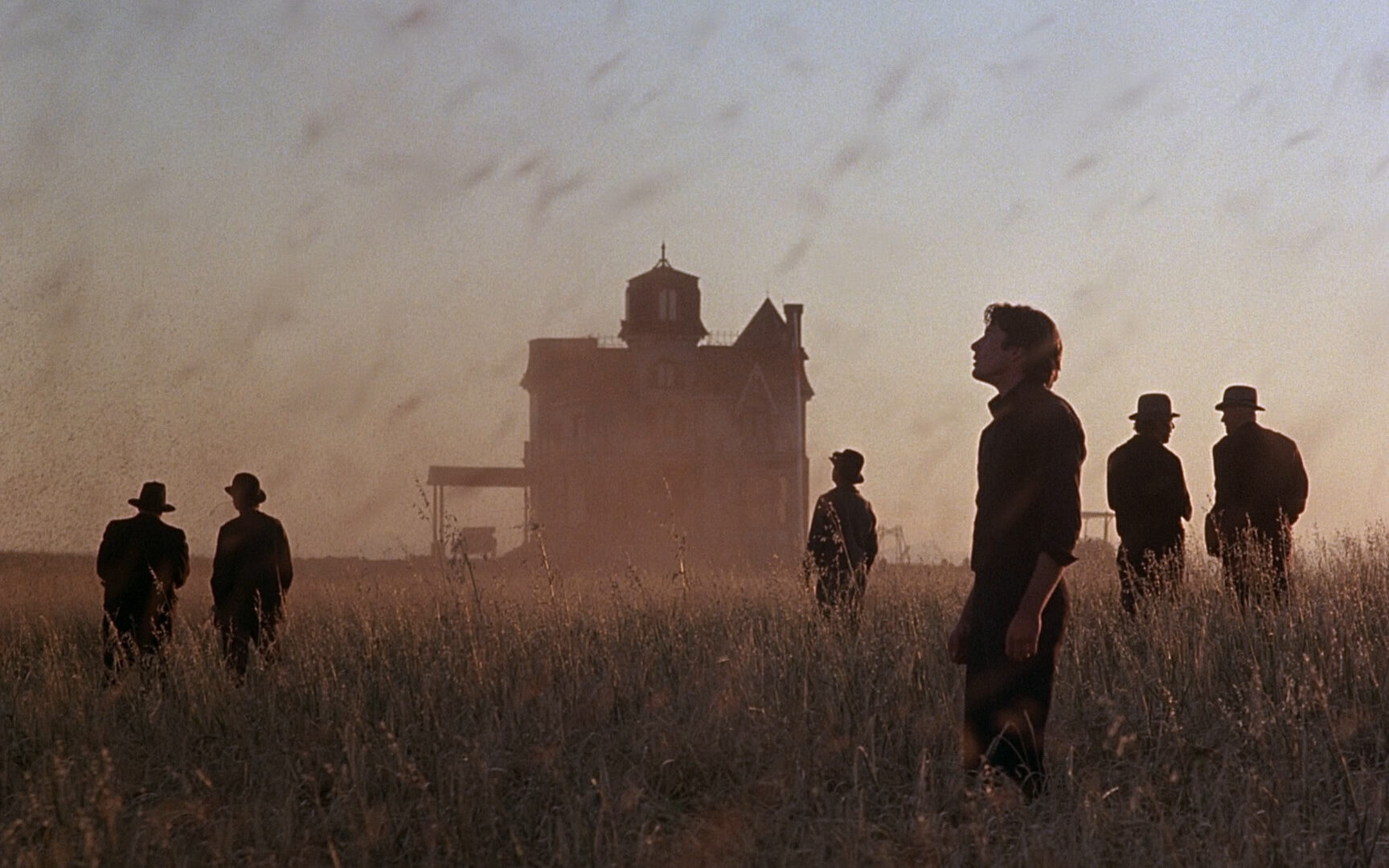
Rounding out the programme are a couple more films from Italy. Elio Petri’s 1970 An Investigation of a Citizen Above Suspicion is an Oscar-winning thriller with a Kafkaesque plot that sees a Roman policeman (Gian Maria Volontè) investigate a crime that he himself committed. We’ve mentioned the close association between Morricone and Leone, but Picturehouse have added another 1968 spaghetti western in the form of Sergio Corbucci’s The Great Silence (Sun 3 July).
This bleak, cynical vision of the American West follows a mute gunslinger named Silence (Jean-Louis Trintignant) who stands between a band of bloodthirsty bounty hunters and a group of persecuted outlaws on a snowbound frontier. Acclaimed for its cinematography and Morricone’s haunting soundtrack work, the film is yet another demonstration of the composer’s skill and versatility.

